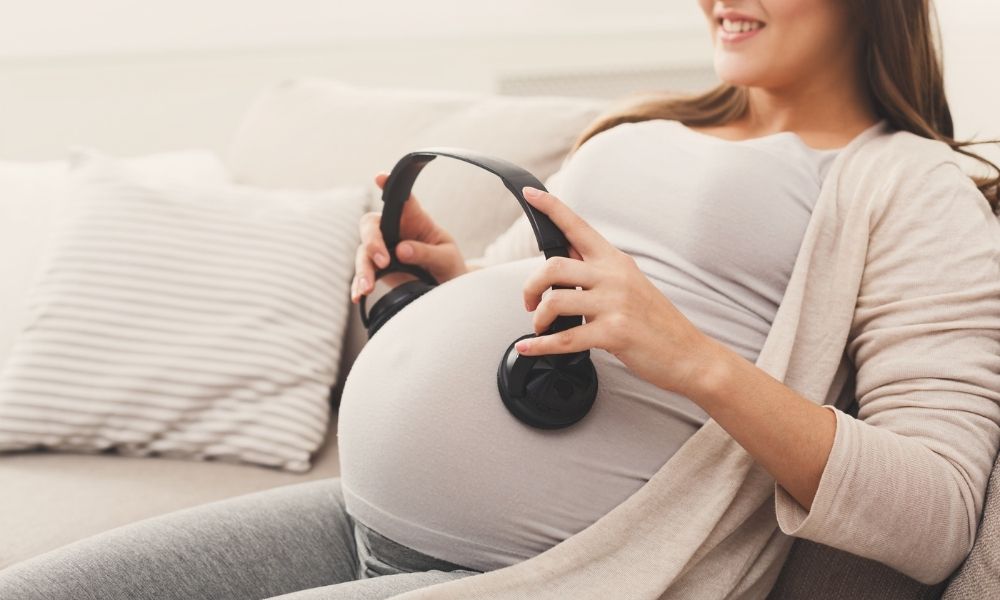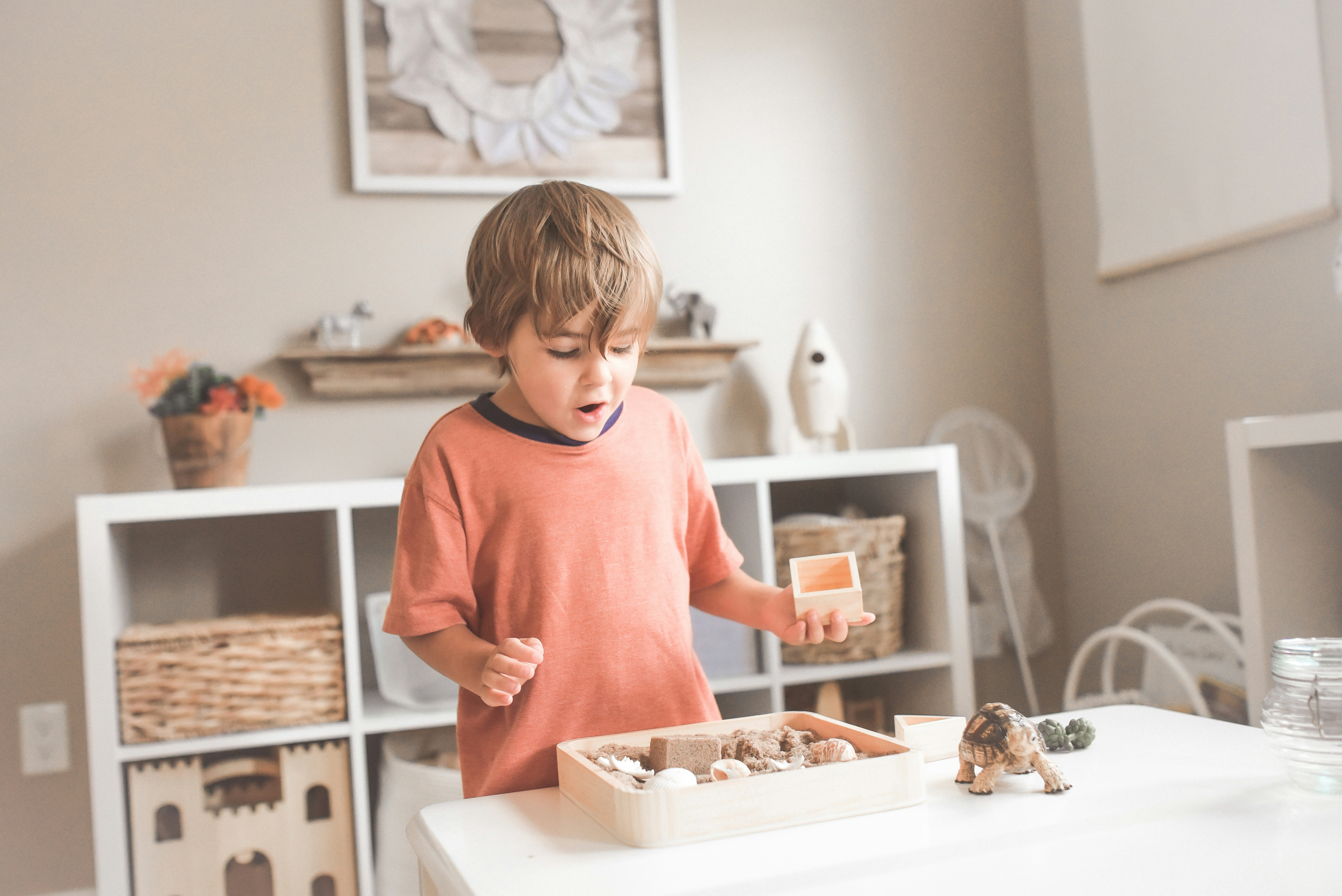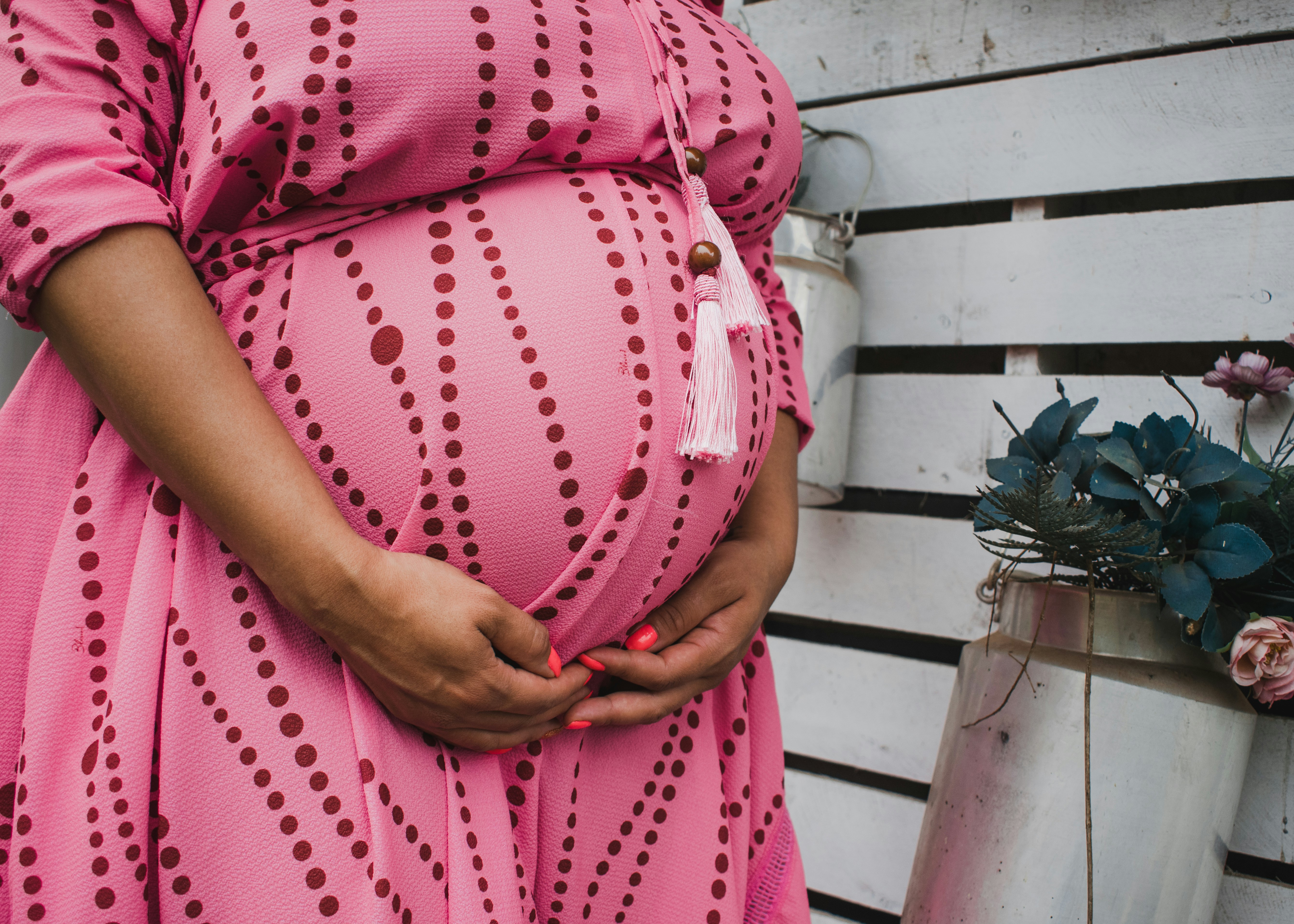New research is now showing that how — and how well — you sleep after giving birth, particularly after a caesarean section (C-section), could make a real difference to how you heal, how you feel, and how you bond with your baby.
What the latest research is telling us..
Pain, sleep and healing
A 2025 study presented at the American Society of Anaesthesiologists’ annual meeting found that mums who had C-sections were far more likely to experience severe pain that disrupted their sleep compared to those who gave birth vaginally. In the study, more than two-thirds of women who’d had a C-section (whether planned or emergency) reported pain severe enough to affect their sleep and day-to-day functioning — compared with just 8% of women with vaginal deliveries.
Another large-scale analysis of over 1.5 million mothers found that those who had C-sections were 16% more likely to develop a sleep disorder — such as insomnia, chronic sleep deprivation or even sleep apnoea — within the first year after giving birth.
A separate 2024 Turkish study involving 193 women found that over 80% of mothers who’d had a C-section experienced poor sleep quality, and that the more severe their physical symptoms (such as wound pain and fatigue), the worse their sleep tended to be.
In short: mums recovering from a C-section are facing a “double whammy” — surgical recovery and newborn sleep disruption.
Why C-sections can make sleep harder
- Surgical pain and movement limits: A C-section is major abdominal surgery. Incision pain, difficulty turning in bed, and muscle soreness all make it harder to find a comfortable position or to fall into deep sleep.
- Interrupted sleep cycles: Pain and discomfort can lead to frequent night-time awakenings and shorter total sleep time.
- Higher risk of true sleep disorders: Beyond normal tiredness, some women go on to develop chronic insomnia or breathing-related sleep issues.
- Stress and emotional strain: Worry, frustration and the challenge of caring for a newborn while recovering from surgery can all affect sleep and mental well-being.
- Hormonal changes: The postpartum drop in oestrogen and progesterone, along with breastfeeding demands and irregular sleep patterns, can make quality sleep harder to achieve.
What this means for new mums
For women giving birth — whether through the NHS or privately — the message is clear: sleep should be recognised as a vital part of postnatal recovery, especially after a C-section.
Untreated pain and chronic sleep loss can increase the risk of postpartum depression, slow wound healing, and make it harder to bond with your baby.
So if you’ve had a C-section, prioritising pain relief and sleep isn’t indulgent — it’s essential healthcare.
Practical steps to improve sleep after a C-section
Here are some practical, evidence-based strategies you can discuss with your midwife, health visitor, or GP:
1. Manage pain effectively
- Take prescribed pain relief as directed — don’t try to “power through” severe discomfort. The NHS recommends paracetamol and, if needed, ibuprofen (unless contraindicated).
- Use pillows or a folded towel to support your abdomen when turning or coughing.
- Try gentle movement and short walks once you’ve been medically cleared — this can ease stiffness and improve circulation.
2. Rest when you can
- “Sleep when the baby sleeps” may sound cliché, but even short daytime naps can help.
- Ask your partner, family, or friends to help with night-time feeds or household tasks so you can rest.
3. Create a sleep-friendly environment
- Keep your room dark, cool and quiet.
- Use supportive pillows around your body or a wedge to take pressure off the incision site.
- Avoid phone scrolling or bright lights before bed.
4. Watch your caffeine and alcohol intake
- Try to limit caffeine to before midday — it can interfere with sleep later.
- Avoid alcohol close to bedtime, as it disrupts restorative sleep.
5. Seek help early if you’re struggling
If you’re persistently unable to sleep, or feel constantly exhausted, low, or anxious, speak to your GP or health visitor. They can assess for postpartum depression, sleep disorders, or other issues.
NHS sleep clinics, perinatal mental health services, and charities like PANDAS Foundation can also provide support.
Talking to your care team
If you’re planning a C-section (whether elective or for medical reasons), consider discussing these questions with your maternity team:
- What pain relief options will I have in hospital and at home?
- How long should I expect to need painkillers?
- What advice do you have for comfortable sleeping positions?
- Who can I contact if pain or sleep problems continue after discharge?
These conversations can help ensure sleep recovery is part of your wider postnatal care plan — not just an afterthought.
If you’ve had a C-section, remember you’re recovering from both birth and major surgery. Rest, pain management and support are essential — not optional.
Be gentle with yourself. Accept help where you can. And know that prioritising your own rest is one of the best things you can do for both you and your baby.
References
- American Society of Anaesthesiologists (2025): “Caesarean delivery linked to higher risk of pain and sleep problems after childbirth.”
- News-Medical.net summary of ASA findings (2025).
- Yılmaz M. & Erbaş N. (2024) “The relationship between postpartum physical symptom severity and sleep quality in women with caesarean section.” Gazi Medical Journal.
- NHS: Recovering from a caesarean.
- NHS: Caffeine in pregnancy.
- PANDAS Foundation UK.
If you’re trying to conceive (TTC), you probably know that there are certain foods and nutrients that become especially important once you’re pregnant. But nutrition plays a vital role even when trying to conceive, much like laying a strong foundation before constructing a house.
Certain nutrients create that foundation by supporting egg and sperm health (yes, nutrition matters for both partners), hormone balance and creating a hospitable environment for a fertilized egg to implant. In fact, studies show that certain nutrients can help increase fertility and improve success rates for both natural conception and fertility treatments.
In other words, nutrition is a key player in the TTC journey, but getting the right nutrients in the right quantities can be tricky. That’s where supplements come in. Just as you’d take a multivitamin to fill in nutritional gaps for optimal health, fertility supplements can give you that extra nutrient boost.
Choosing supplements for your fertility journey
When choosing a supplement to support your fertility journey, look for science-backed, high-quality ingredients. Our editors are careful to select and partner with brands that use ingredients that have been clinically studied to support fertility. Eu Natural® (pronounced you) covers all those bases and more. We love knowing that Eu Natural® products contain zero artificial additives, binders, or fillers and are lab-tested to ensure purity and potency.

When choosing a supplement to support your fertility journey, look for science-backed, high-quality ingredients. Our editors are careful to select and partner with brands that use ingredients that have been clinically studied to support fertility. Eu Natural® (pronounced you) covers all those bases and more. We love knowing that Eu Natural® products contain zero artificial additives, binders, or fillers and are lab-tested to ensure purity and potency.


%20copy-min.jpeg)


.jpg)

.png)
.jpg)




